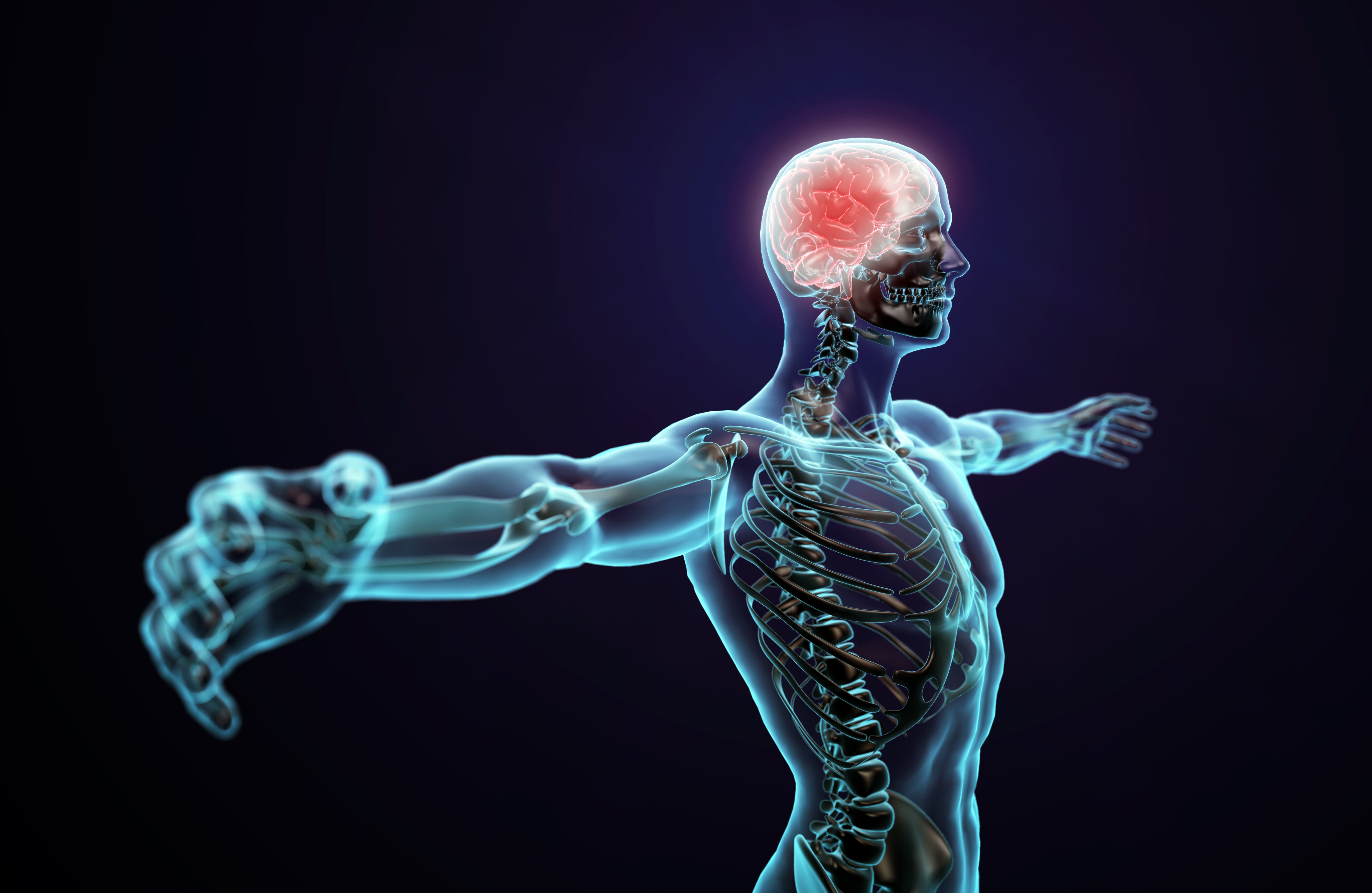Lifestyle
Mysteries of the Human Body
The human body is a glorious specimen—full of wonder and unbelievable features.
It can withstand the most horrific tragedies; it can make changes of tremendous proportions. It can survive an amputation, it can fight off mutating cancerous cells, it can reproduce. Regrettably, it can also reduce its environment and its own kind.
In fact, the wonders of the human anatomy are so extensive that despite almost sci-fi-like advancements today, there are still things about it that baffle experts.
If you’re looking for mysteries, there’s really no need to look further than the nearest mirror. Here are just some of the hundreds—if not thousands—of mysteries about the human body.
The Dominant Hand?
Research revealed that 9 out of 10 people are right-handed. This is statistical fact. However, one mind-boggling thing about humans is the observation that humans have dominant hands. Of all the creator’s glory, why just one hand? Why not two equally dexterous mitts?
Live Science posted about this and mentioned a theory that this dominance is a result of a “more intricate wiring” on a particular side of the brain that involves speech. This part of the brain also handles one’s motor skills. This speech center is usually in the left hemisphere of the brain, which controls the right side of the body. Hence, the dominant right hand.
This theory might actually complicate more than enlighten, since “not all right-handed people control speech in the left hemisphere,” but around half of the left-handed population does.
A Symbiotic Relationship?
Most of us know that when we’re getting a vaccine or an antibiotic, we’re actually getting an arm load of something that Wikipedia describes as “an agent that resembles a disease-causing microorganism and is often made from weakened or killed forms of the microbe, its toxins or one of its surface proteins.” Freaky, right?
The thing that is supposed to help us came from the thing that could possibly harm us. Fascinating turn of events in medicine, if I do say so myself. It’s like watching a plot twist on ‘Game of Thrones.’
“We’re just learning that the consequence of antibiotics is that when you get rid of the good bacteria in our guts, we can develop autoimmune diseases,” said Vincent Racaniello, professor of microbiology and immunology at Columbia University to Life’s Little Mysteries.
“We’re not as advanced in our understanding of viruses. What do viruses do for us?”
We’re not sure, Professor. Do tell us.
“What on earth am I here for?” – Appendix
The appendix is perhaps the most underrated body part. It actually appears to have more function in a book rather than in the human body.
It can be removed without any significant repercussions, but once it blows—you’re toast.
Some experts (and not-so-experts) floated the idea that the appendix that it served as a “safe house” for a strain of bacteria to aid digestion. Some say it is responsible for training a new life’s immune system while it’s still in its mother’s womb.
We might never know its real function. And the fact that its name literally means “afterthought” is not helping the poor appendix’s case.
The Lush Bush
Some people love, some people want it all gone, some people treat it like a garden hedge.
Whichever way you perceive this patch of hair in one’s nether regions, experts aren’t really sure what it’s for. Some experts say it’s a visual representation of one’s sexual maturity, some say it houses pheromones to attract a mate (or two), some say it protects you where it counts, and some even say that it acts like a cushion during intercourse.
I guess this is a matter of how you would like to use it. Or not.
A Rush of Blush
Even Charles Darwin—the man who explained the origins of life—found it difficult to rationalize the body’s physiological response to embarrassment.
When we lie or cheat or generally placed in a compromising position, we tend to blush—a rush of blood to the face that shows how guilty we are. Some experts say this is nature’s way to make honest citizens out of us, but I doubt nature thought about it that way. Meanwhile, the website Learning Mind wrote that “perhaps the ability to blush helped decrease aggression.”
Well, it surely did not decrease any aggression for any middle schooler who just spoke with his/her crush.
The ‘Best Medicine’
Sure, Steve Carrell is just naturally funny (and ‘The Office’ was never quite the same when he left), but why do we laugh whenever he does his awkward bits?
Some people may find him funny, some may not, which is the perfect example of the mystery of laughter. Why do we laugh when we see something that we perceive as funny or delightful?
Some scientists tried to explain that laughter balances out our mind’s processes. Some say it is a way to relieve stress. Whatever its function may be, laughter surely uplifts one’s mood by secreting endorphins—nature’s antidepressant.
‘Very superstitious, writings on the wall’
Despite the great Stevie Wonder singing “Superstition ain’t the way,” many people around the world still choose to uphold the perceived truths behind superstitious beliefs. But why?
Old wives’ tales or not, superstitions are not new—especially to us Filipinos. Despite its lack of rationale or logic, a significant part of the world’s population choose to believe in superstitions. Psychologists and scientists have yet to determine the truth behind these beliefs. A handful of TV shows were even produced to discuss the credulity of such philosophies, but to no avail. One interesting and highly plausible psychological theory behind it is that it’s our way of shifting blame. Why take responsibility of bad decisions when you can blame it on a black cat crossing the street?
The answers to these mysteries may never be revealed in our time, but we’re sure of one thing: we should not just exist—we must live everyday of our lives.






















